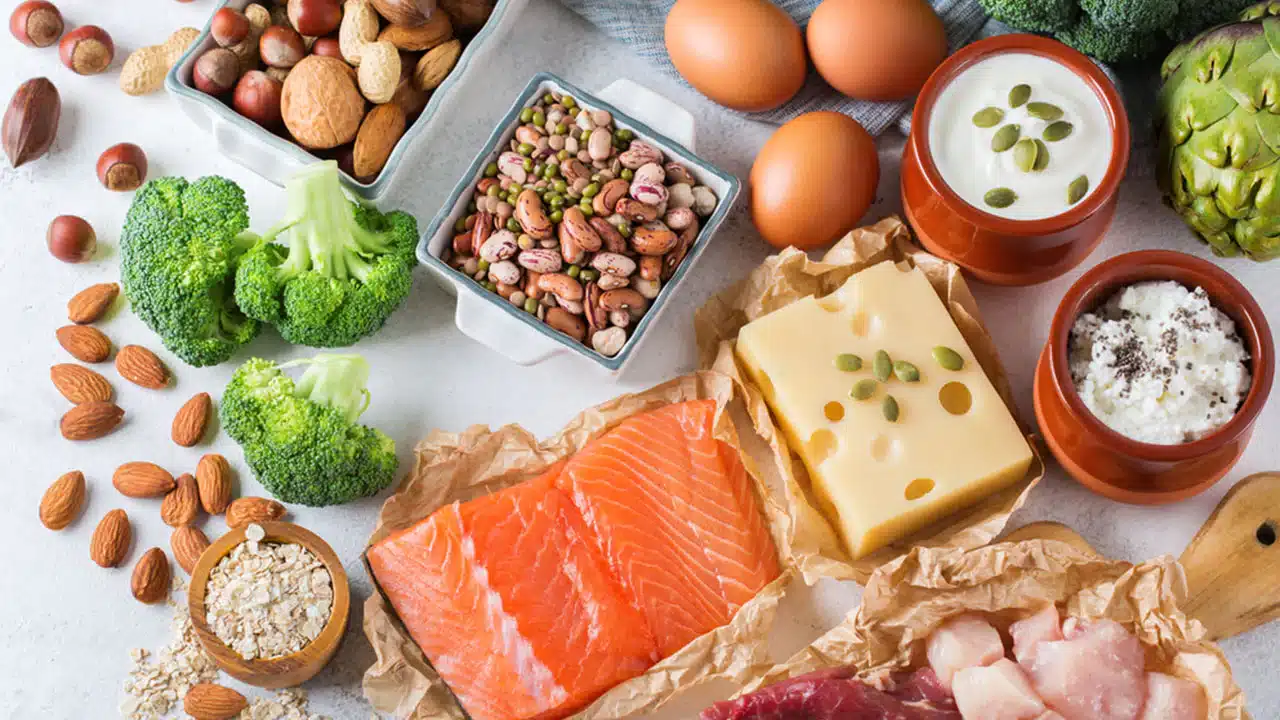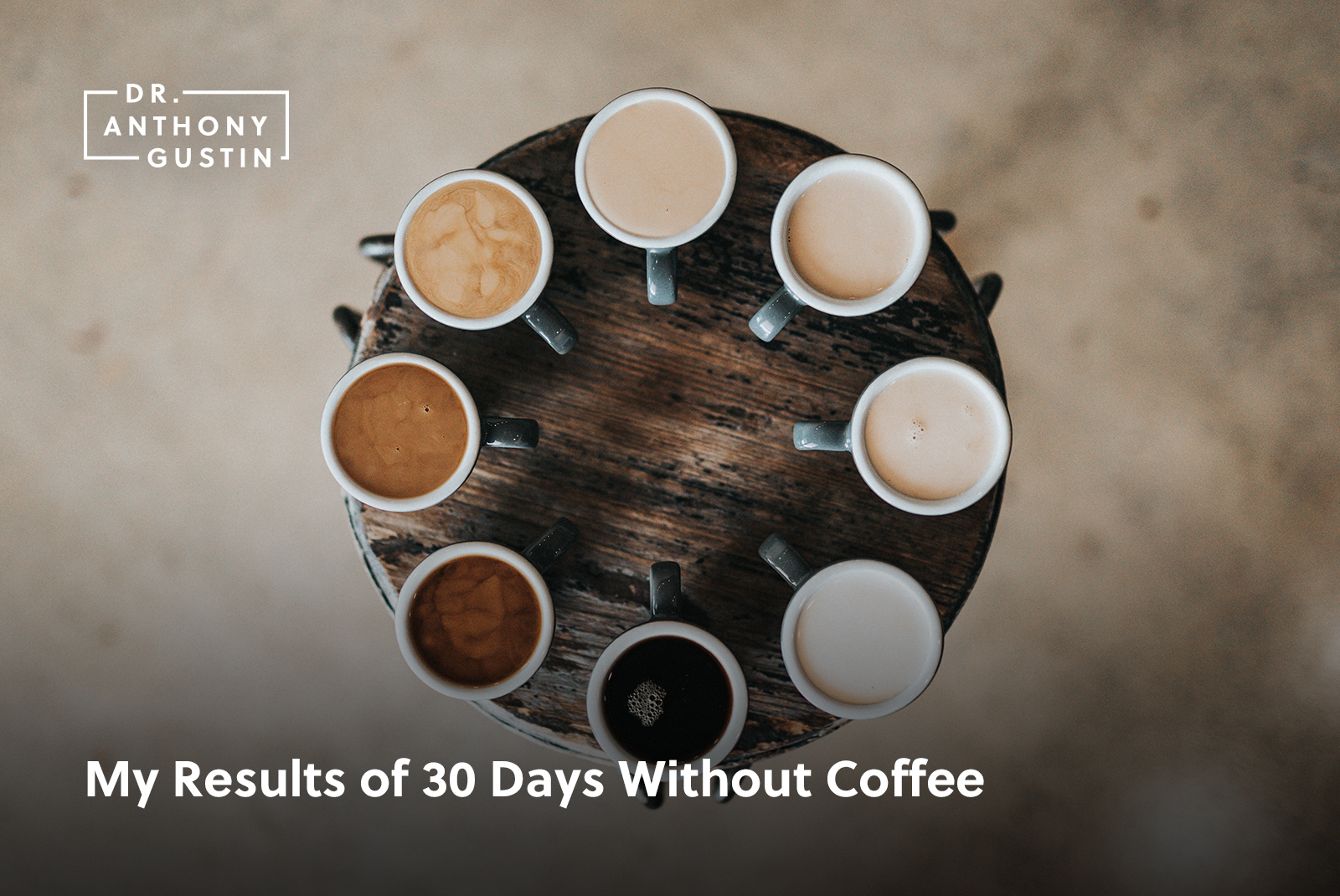How You Should Think About Diets

There is a funny thing that happens in American culture when you say the word “diet.” People immediately make a few judgements. Either you are trying to lose weight, or there is something mysteriously wrong with you that you need to fix.
I don’t buy into either of these assumptions. In my recent posts about my ketogenic diet experiment as well as my fasting results, I’ve already gotten comments about people telling me I don’t need to go on a diet. However, just because ketogenic diet has the word “diet” in it, doesn’t mean it needs to be on some cheesy online articles about The Best Top Fad Diets of 2017.
This is how I define diet:
diet
/ dīət/
noun – the groupings of foods an organism consumes on a regular basis
This is how most people define diet:
diet
/ dīət/
noun (or verb) – the set of restrictions placed upon an individual to lose weight or to remedy a medical condition

When National Geographic writes about the “diet of people in the Maasai culture consist primarily of blood and milk” they do not mean that they are on some special 30-day reset diet that is a current fad in their region of Africa. That’s just what they normally eat.
Diets are not (and should not) be thought of as short stints to lose weight or to “reset” something. Either you are making positive changes and transitioning to a certain group of things you are eating or you are not.
Think of your health as working towards long-term consistency, not “omg Becky I need to go on a diet to lose this flab before Tanya’s wedding then I can totally go back to eating cake, pie and getting shit-faced six nights a week.”
Diets should be thought of as the part of your lifestyle, pertaining to what you eat.
Why is any of this important anyway? One of the main reasons I think the adherence to behavior change in nutrition, even when people want to be healthy over the long term and make positive changes, is the short term mindset.
If you have a mindset of “I only have to make it through x amount of weeks restricting myself” you’ll easily slip back into the habits and behaviors that got you into your unhealthy lifestyle to begin with. You’ll end up treating your health as a boomerang instead of constant progress.
If you have a mindset of “this is just what I normally eat” you can much more easily adhere to longstanding changes because you no longer have short-term restrictions. You now have a framework to make decisions. You can have a setback, no problem, but instead of shaming yourself you can just say “oh that’s weird, my diet usually doesn’t consist of Butterfingers, because I eat real things.” and move on.
Another example of the positive psychological changes this type of thinking about diets has is the consideration of food choices. I have thought of my diet of the things that I normally eat as whole and real foods for so long now that I subconsciously don’t even think about things like chips and candy as food. Just like I wouldn’t even think about reaching for my keyboard and gnawing on it when I’m hungry, food choices I wanted to eradicate in the past aren’t even part of my food vocabulary. Doritos are considered just as inedible as a food to me as a handful of rocks.
How do you define your diet? Do you have a set of foods that you regularly eat, or do you have a short-term set of restrictions from how you normally eat?




